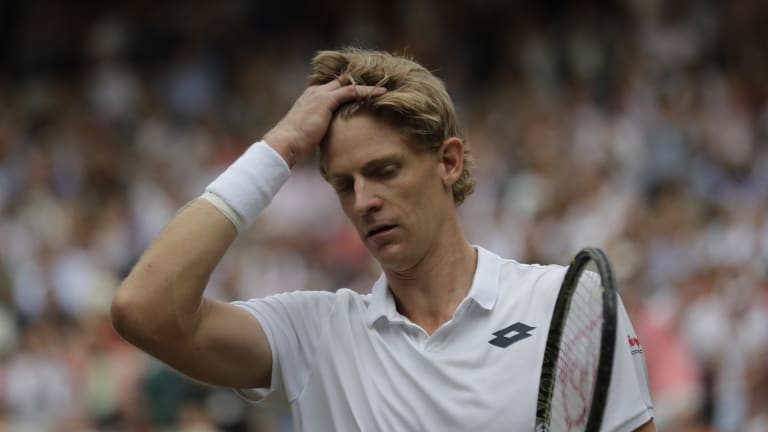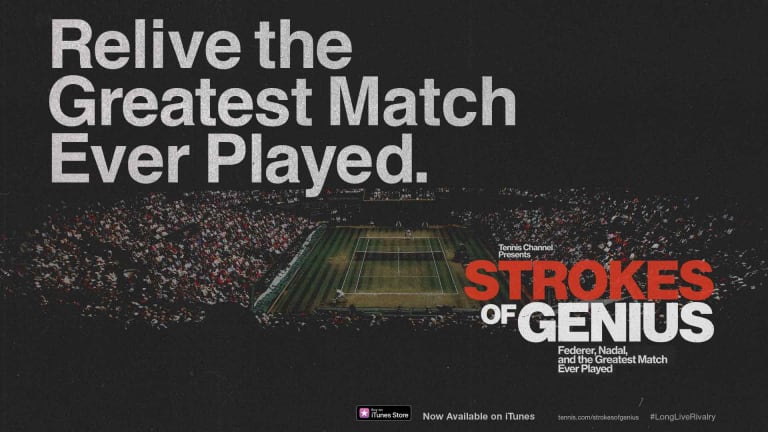Tennis history is written at the majors, where overloads of memorable moments are often provided. Wimbledon in 2018 was no different: We saw Novak Djokovic resurrect himself in one determined, two-week swoop; Angelique Kerber spot a golden opportunity and take it with the most mature and purposeful performance of her career; and a 36-year-old Serena Williams wow everyone by reaching the final 10 months after having a baby. We also saw three of the best matches of the year: Djokovic’s furious five-set victory over Rafael Nadal; Nadal’s dying-light win over Juan Martin del Potro two days earlier; and the blindingly brilliant quarterfinal between Kerber and Daria Kasatkina.
But the moment I’ll remember most, or at least first, from this year’s fortnight didn’t happen during any match. It happened right after the longest of them, Kevin Anderson’s six-hour, 36-minute semifinal win over John Isner.
After every match on Centre Court and No. 1 Court at Wimbledon, the winning player is whisked into a small room and interviewed by the BBC. It can feel like an ambush. The players are still sweating, and sometimes still breathing heavily, yet they must process and articulate their thoughts about a contest that ended minutes ago. Not surprisingly, the most common answer goes something like this: “It’s hard to describe how I’m feeling right now...”
WATCH—Match point from Anderson's win over Isner in Wimbledon semifinals:

